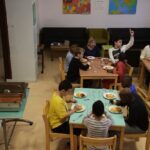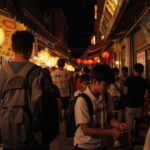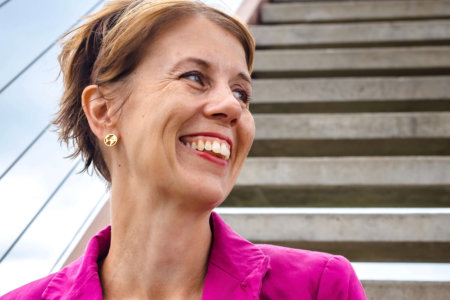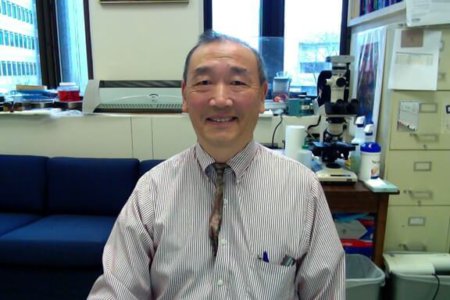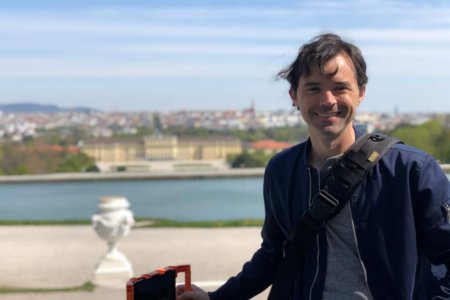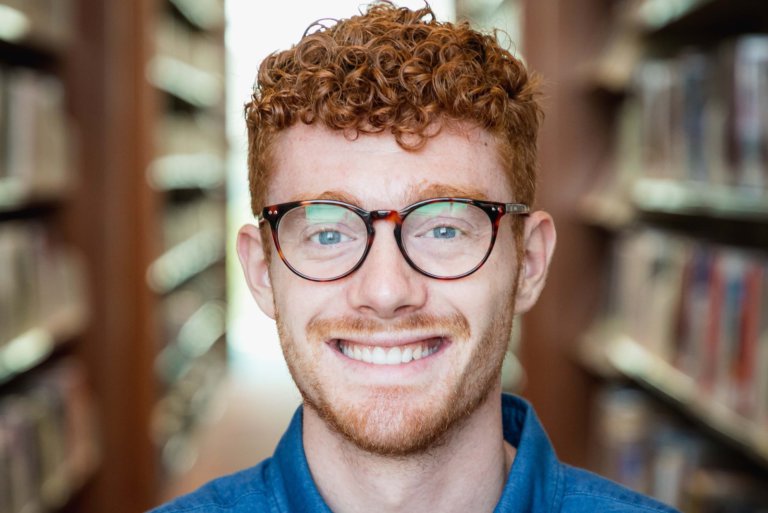
Sam Henthorn is set to head to Bulgaria to teach English under the Fulbright Teaching Assistantship this year. He’s a classics major with a religion minor from Wabash College with many cross country running awards under his belt.
This isn’t Henthorn\’s first time abroad. As a member of the Lambda Chi Alpha fraternity, he studied in Rome during his junior year and also experienced Greece during an immersion class trip.
“Earning this award was an extremely validating moment for me,” Henthorn says. “I’m hoping this experience will grant me more opportunities to spend more time abroad and connect with others who are passionate about teaching and global service,” he adds.
Below we talk to this outstanding student about his interest in classical languages, what he’s looking forward to doing in Bulgaria besides teaching English, and his advice for prospective Fulbright applicants:
Where does your interest in classical languages stem from?
Unfortunately, the story isn’t too interesting. I like to tell people that I only got into ancient languages because I was too nervous to speak modern ones.
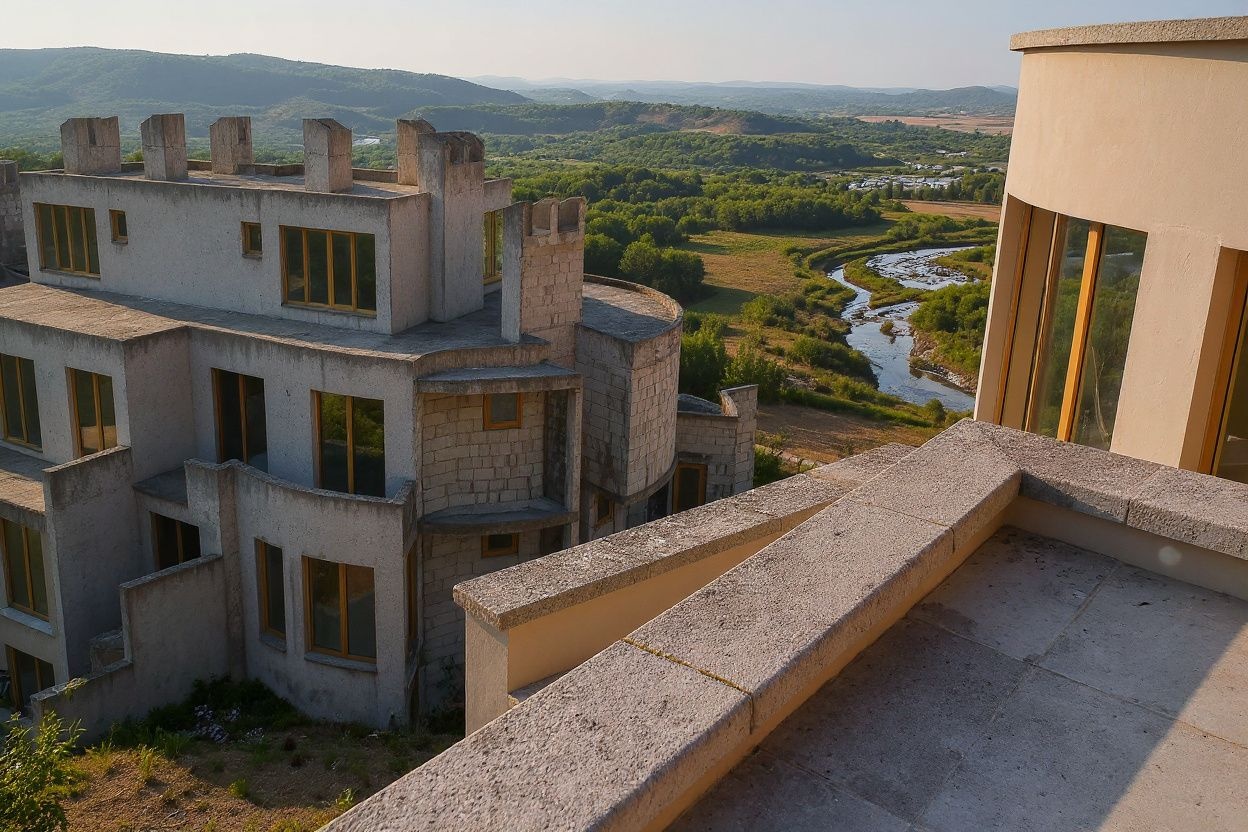 Bulgaria is also famous for its natural diversity as mountains, plains, Black Sea Coast, rivers, lakes and hot springs.In college, I enrolled in Latin because I knew that I would only have to read instead of speaking it. It turns out that Latin is a really tough language so my plan for an easy credit didn’t really work out.
Bulgaria is also famous for its natural diversity as mountains, plains, Black Sea Coast, rivers, lakes and hot springs.In college, I enrolled in Latin because I knew that I would only have to read instead of speaking it. It turns out that Latin is a really tough language so my plan for an easy credit didn’t really work out.
Unexpectedly, I found myself really enjoying Latin class so I continued them. Later on, I took Greek classes and found that I enjoyed it too.
They’re both very challenging but they taught me a lot about what came before me. I also learned to see today’s world a little clearer so it’s still a passion of mine today.
Walk us through your previous study abroad experiences in Italy and Greece.
These two experiences (the former in particular) were, in short, amazing. My trip to Greece was a 10-day tour of ancient sanctuaries and Rome was a semester-long programme where I studied classical architecture and Latin epigraphy.
In addition to my academic development, these trips also helped me grow as both a person and a global citizen. I know it’s a bit tacky to say (I’m sure someone reading this will roll their eyes) but studying abroad changed my life.
I became more confident in myself, more aware of the world outside the US, and many of my career and personal goals were shaped by my time in Italy and Greece. These trips were influential in my decision to apply for a Fulbright and I’m also grateful to Wabash College and my fellowship advisor, Susan Albrecht, for encouraging me to get out there.
Walk us through applying for the Fulbright Teaching Assistantship.
The application has roughly three parts. Choosing a country, letters of recommendation, and the essays. I found the key to each was to be very intentional.
This means knowing why I chose to apply to Bulgaria, why I asked for recommendations from certain people, and thinking critically about how I answered the essay prompts. Overall, I found the process to be very challenging but equally rewarding.
Completing all three of these components requires a healthy dose of introspection and a lot of willpower. So much so, that just pressing \”submit\” was a very validating moment. I’d say the most challenging aspect wasn’t one piece in particular but rather weaving each part of my application together.
This was so I could give the commission the most accurate representation of what I could bring to the programme. It was a pretty intense process that required a bird’s eye view of my application as a whole.
What made you choose to teach in English in Bulgaria?
I wish I had a personal story behind this but the programme just really aligns well with my experience and what I was looking for. I was teaching English at Indy Reads last year and oftentimes, I used argumentation as a tool in the classroom (which was really effective).
So, I was looking for a programme where I could be involved in a speech and debate club. Bulgaria really encourages their Fulbrighters to help with an English speech and debate tournament (known as BEST) so this was something that drew me there. This, plus its emphasis on public service and community engagement.
What are you looking most forward to doing there?
At the moment, I’m just looking forward to exploring the city. I know that’s a little vague but when I’ve lived abroad, learning most about the host city is an ongoing process.
Additionally, Bulgaria is very rich in unique folk traditions and I’m very lucky that I’ll be in a position to experience them firsthand. A big part of the Fulbright mission is centered around cultural exchange so I hope through engaging in the local community, I’ll accomplish this goal.
What have you prepared for your role abroad to teach English?
I still have some work to do. But at this point, all that’s left is to pack. It’ll be a bit difficult since I’ve never packed for this long of a trip before. I’ll be in Bulgaria for four seasons but I’ve spoken to some Fulbright alumnus about it and I think I have a good idea of what to bring.
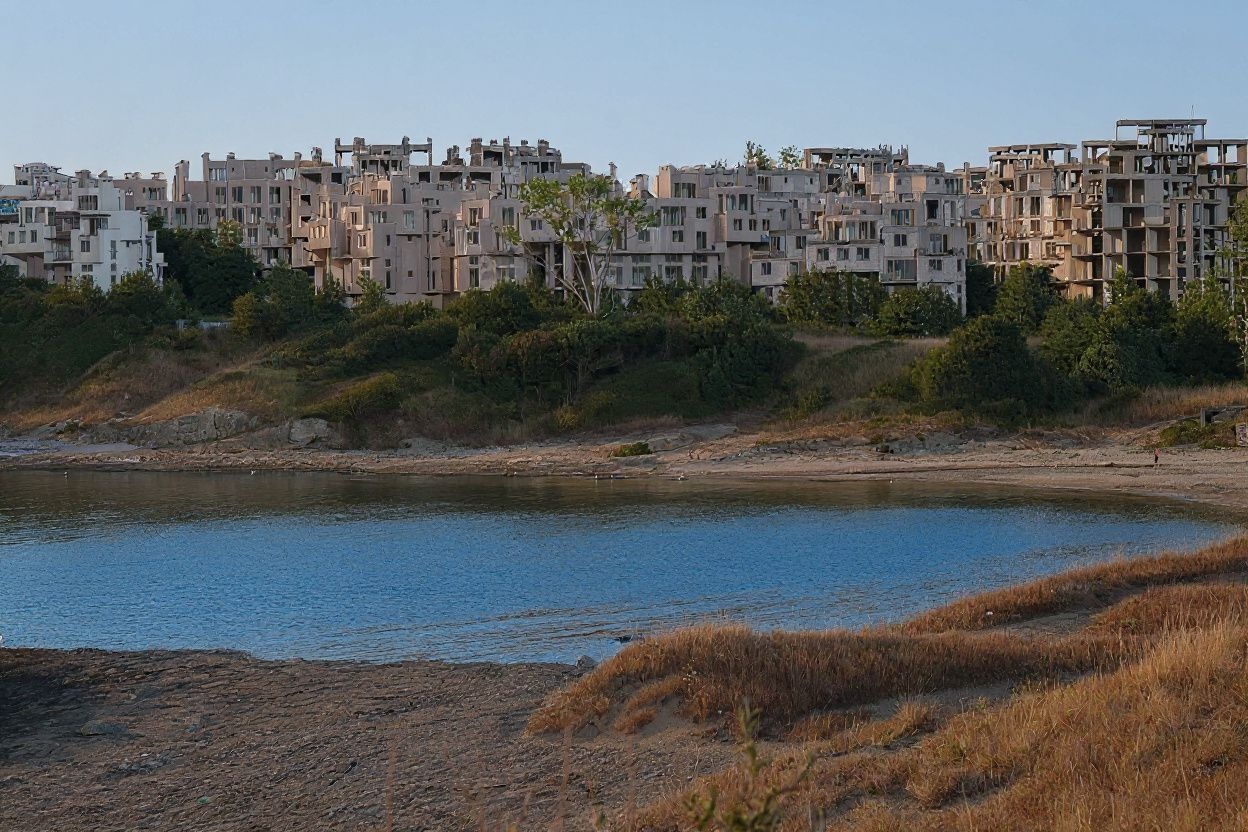 Bulgaria is famous as the oldest country in Europe and has kept its name the same till today.
Bulgaria is famous as the oldest country in Europe and has kept its name the same till today.
What’s something you expect to miss from home and how will you substitute it?
Besides friends and family, I’m definitely going to miss peanut butter. It won’t be impossible to find but as I’m sure you (and the readers) know, Europe doesn’t share the same love for it as much as the Americans do. I’ll probably have to substitute it with Nutella which is pretty popular over there but I don’t think it will be quite the same.
What cultural things are you looking forward to doing there?
I’m excited about the holiday season. It sounds like Bulgaria does Christmas and New Year’s a little differently than we do in the US so I can’t wait to see what that’s like.
What foods do you have on your bucket list?
There is a lot of food I’m excited to eat but I really can’t wait to try “tarator” which is a cold cucumber soup. I’ve heard that it’s not for everyone and I’m not entirely sure I’ll like it but I still can’t wait to give it a go.
What do you plan to bring back to the US to your friends and family?
I’d like to bring some rose oil for my mom and a sign in Cyrillic for my dad. Bulgaria is the largest producer of roses and rose oil and I think that would be nice for my mom to have. Also, my dad likes unique signs and posters so I think anything written in Cyrillic would be ideal for him.
What advice do you have for international students looking to apply for a Fulbright Award?
The biggest piece of advice I have is: apply. I know that might sound trite but the hardest step of the whole application is this. Reapplication is an option until several years after college so there’s no reason to feel overpressured to perform on the very first go.
I applied in 2019 and didn’t even advance to the semi-finals. That experience made me more confident and driven when I applied the second time.
In short, there’s value in simply applying because it requires thought about future goals and the global community. So, just apply — I promise it’s worth it.
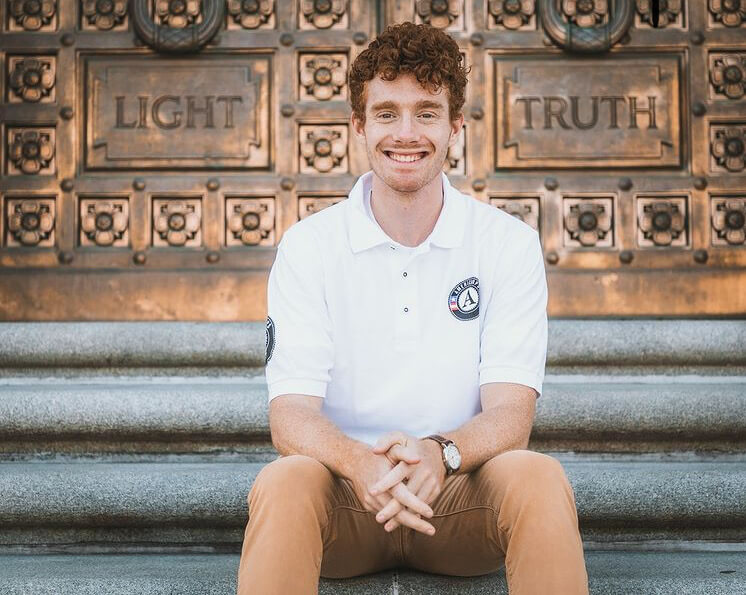
Lastly, give us three fun facts about yourself:
- I love to water ski
- I am a terrible gardener
- My favourite book is “The Hobbit” by J.R.R. Tolkien




